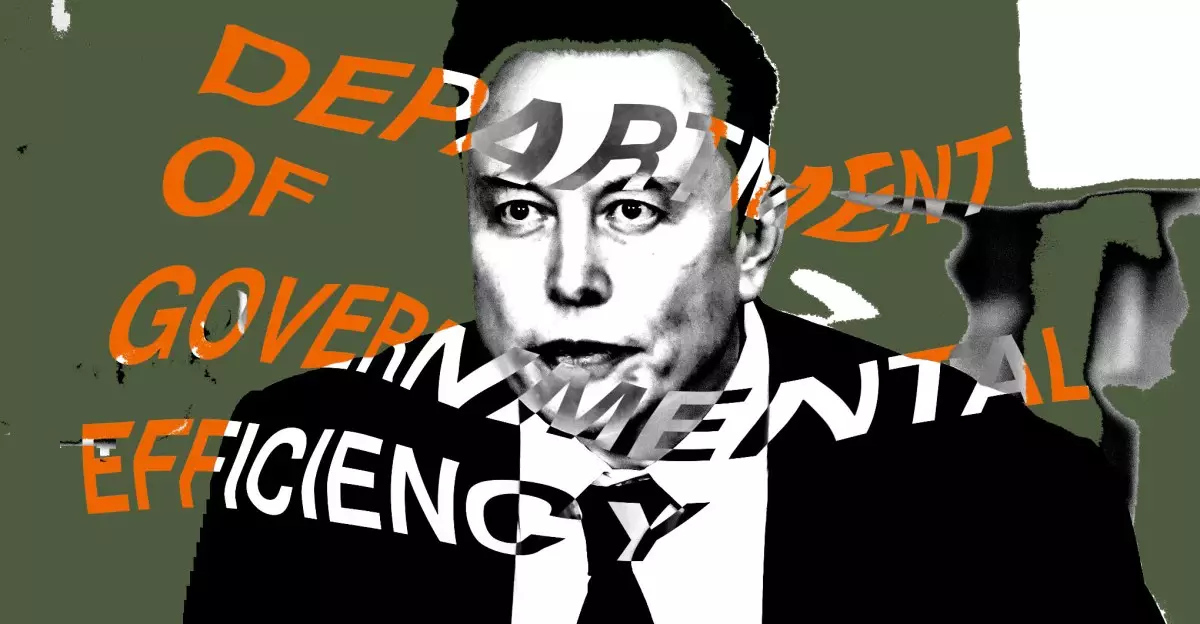In an unprecedented turn of events, a legal struggle has erupted as 19 U.S. states have united to challenge Elon Musk’s cryptocurrency initiative, DOGE, over its controversial access to the Treasury Department’s federal payment records. This legal confrontation raises essential questions about privacy, authority, and the ever-blurring lines between new technology and governmental oversight.
At the center of this conflict is a temporary injunction issued by Federal Judge Paul A. Engelmeyer, which restricts DOGE from accessing sensitive records that contain personal information, such as Social Security numbers. This ruling came after a lawsuit was filed in New York’s Southern District Court, accusing the Trump administration of overstepping its jurisdiction and violating both the Administrative Procedures Act and the constitutional principle of separation of powers. The judge’s order underscores the serious nature of these allegations, as it prohibits various officials access to the Treasury’s records, highlighting the need for checks and balances in government conduct.
New York Attorney General Letitia James, who spearheads the lawsuit, expressed grave concerns about the ramifications of granting DOGE access to such sensitive data. In her press release, she stated, “President Trump does not have the power to give away Americans’ private information to anyone he chooses.” This statement encapsulates the primary argument against the move, suggesting that the administration lacks the authority to alter the management of federal data, especially if such actions compromise individual privacy rights. The involvement of 18 additional states amplifies the seriousness of the claims, as it reflects a collective concern among states regarding potential misuse of data and the safeguarding of citizen information.
The lawsuit highlights the broader implications for the regulation of cryptocurrencies, which have frequently found themselves at the intersection of innovation and legal boundaries. As technologies evolve, so too must the frameworks that govern them. This situation demonstrates that while cryptocurrencies like DOGE can revolutionize transactions, they may also pose significant risks when it comes to handling sensitive information. Ensuring that these technologies adhere to existing laws and regulations will be paramount in maintaining public trust.
With a preliminary hearing scheduled for February 14th, the outcome of this case could reshape not only the relationship between cryptocurrencies and the state but could also instigate broader discussions about privacy rights and governmental power. As more entities advocate for transparency in digital financial systems, the legal outcomes associated with this lawsuit may set substantial precedents for future interactions between cryptocurrency ventures and regulatory bodies.
The ongoing legal battle against DOGE’s access to Treasury records represents a crucial moment for both technology and law. As society grapples with the complexities of digital privacy and the inherent power of innovative technologies, the resolution of this case will likely have far-reaching consequences. Citizens and lawmakers alike must navigate these challenges while ensuring that the evolving landscape of technology aligns with fundamental principles of privacy and governance.

